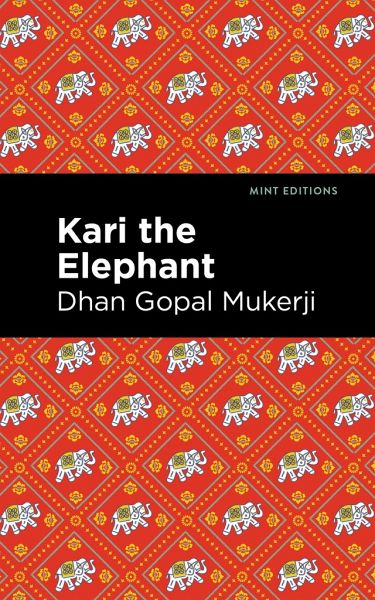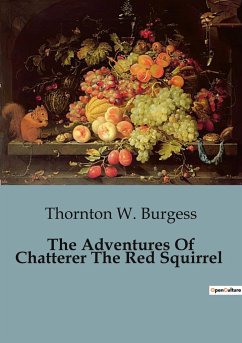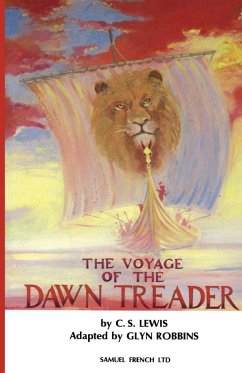Dhan Gopal Mukerji (1890-1936) was an Indian American writer. Born near Calcutta, Mukerji was the son of a former lawyer who devoted himself to music and prayer. A member of the Brahmin caste, Mukerji spent a year living an ascetic lifestyle before enrolling at the University of Calcutta, where he joined a group of Bengali revolutionaries with his older brother Jadugopal. In 1910, Mukerji was sent to Japan to study industrial engineering, which he soon abandoned to emigrate to the United States. Settling in San Francisco, he joined the local bohemian community of anarchists and artists while studying at the University of California at Berkeley and later Stanford. In his time in California, he published two books of poems-Sandhya, or Songs of Twilight (1917) and Rajani, or Songs of the Night (1922)-and a musical play, Laila Majnu (1922). Mukerji graduated in 1914 with a degree in English, married artist Ethel Ray Dugan in 1918, and moved to New York City in the early 1920s. There, he embarked on a career as a popular children's book author, finding success with Kari the Elephant (1922) and Gay Neck, The Story of a Pigeon (1927), winning the 1928 Newbery Medal from the American Library Association for the latter. Recognized as the first popular writer of Indian origin in the United States, Mukerji struggled with marginalization and racism and regretted his exile from India late in life. Unable to return because of his youthful commitment to revolutionary politics, he supported the Indian independence movement with money and advocacy from abroad. Ultimately, he ended his life alone in his apartment in New York City.















